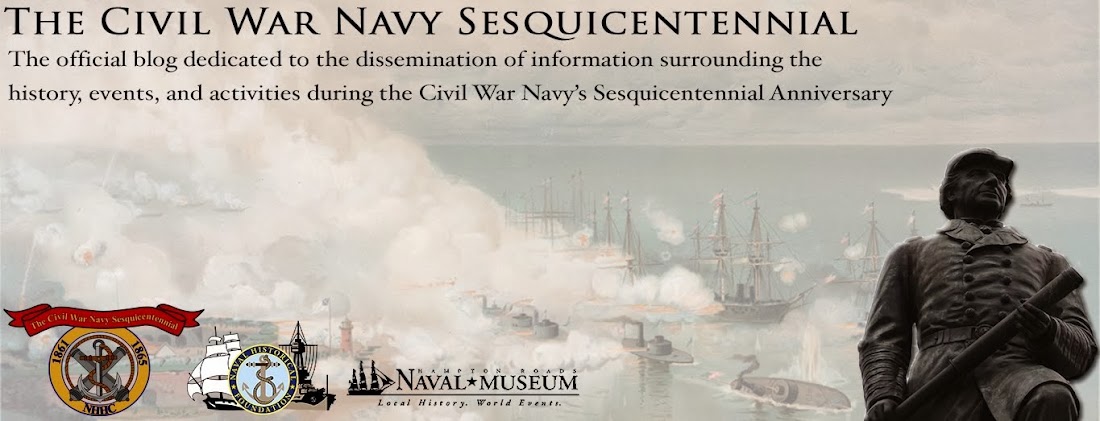 |
| The sinking of the Stone Fleet-Harper's Weekly |
Early in the war, one of the Board’s ideas to successfully blockade the South involved using a “Stone Fleet.” As Harpers Weekly reported in December 1861, “The [Stone] fleet is comprised of old whalers, which have been purchased by the Government for the purpose of effectively blockading the Southern ports. By this means the rebels will be frustrated in their little excursions seaward. These ships once in place, no rebel Commissioners will find their way out upon the blue waters to be caught by our gallant naval officers.” So, instead of using active-duty naval vessels to guard the Charleston Harbor, the Board intended to fill these old ships with stones and sink them to keep merchant ships and Confederate Naval Ships from being able to navigate the harbor. This map shows where the 24 whaling ships were sunk.

Ultimately, this attempt to block the harbor was unsuccessful—the ships broke up in a year, and the harbor was never fully blocked and unable to be used. This event inspired Herman Melville to write a poem entitled “The Stone Fleet.” Melville cited his own feelings on the unsuccessful nature of the Stone Fleet in his last two stanzas:
To scuttle them--a pirate deed--
Sack them, and dismast;
They sunk so slow, they died so hard,
But gurgling dropped at last.
Their ghosts in gales repeat
Woe's us, Stone Fleet!
And all for naught. The waters pass--
Currents will have their way;
Nature is nobody's ally; 'tis well;
The harbor is bettered--will stay.
A failure, and complete,Was your Old Stone Fleet.
Sack them, and dismast;
They sunk so slow, they died so hard,
But gurgling dropped at last.
Their ghosts in gales repeat
Woe's us, Stone Fleet!
And all for naught. The waters pass--
Currents will have their way;
Nature is nobody's ally; 'tis well;
The harbor is bettered--will stay.
A failure, and complete,Was your Old Stone Fleet.

Neat post, Laura.
ReplyDeleteI thought I read in one or two of my sources that the piles of stone left over after the wooden ships deteriorated actually caused the tidal currents in the inlet to scour the entrance channel deeper. Melville seems to hint at this at the conclusion of his poem (a.k.a., "The harbor is bettered . . . "
Seaman Rob